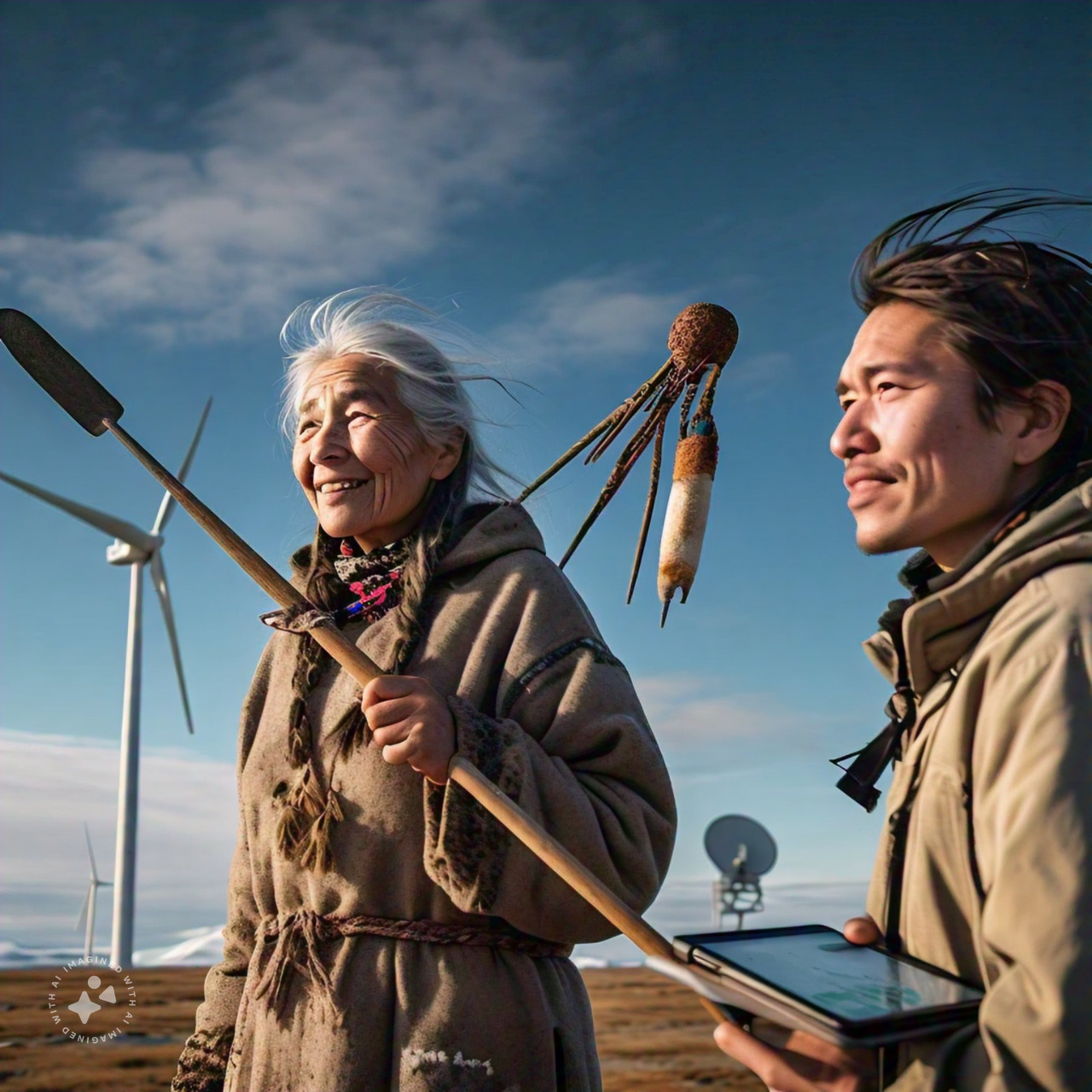The Arctic region is warming at an alarming rate, with far-reaching consequences for the environment, wildlife, and indigenous communities. To address this pressing issue, a unique collaboration is underway, bringing together indigenous knowledge and artificial intelligence (AI) to enhance climate adaptation and resilience.
The Importance of Indigenous Knowledge in Climate Adaptation
For centuries, indigenous communities in the Arctic have relied on their traditional knowledge to navigate the harsh, changing environment. This knowledge, passed down through generations, includes observations of weather patterns, sea ice behavior, and wildlife migration routes. By leveraging this expertise, scientists and policymakers can gain a deeper understanding of the complex relationships between the environment, climate, and human societies.
The Role of Artificial Intelligence in Climate Resilience
Artificial intelligence has the potential to revolutionize climate adaptation efforts by analyzing vast amounts of data, identifying patterns, and predicting future changes. Machine learning algorithms can help scientists to better understand the impacts of climate change on ecosystems, infrastructure, and human health. Moreover, AI-powered tools can provide early warnings for extreme weather events, enabling communities to take proactive measures to protect themselves and their livelihoods.
Blending Traditional and Modern Approaches for a Sustainable Future
By combining indigenous knowledge with AI, researchers and practitioners can develop more effective and sustainable solutions to climate change. This integrated approach recognizes the value of traditional expertise while harnessing the power of modern technologies. The result is a more comprehensive understanding of the complex interactions between human and natural systems, ultimately informing more effective adaptation strategies.
